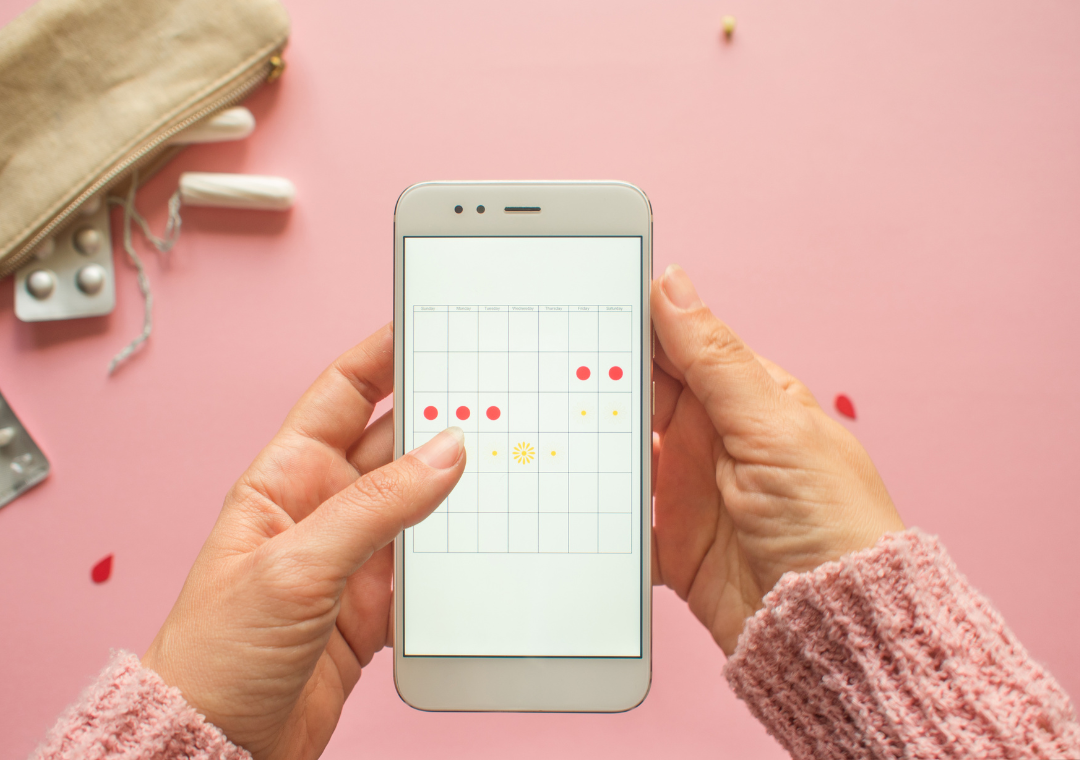BINTO is all about women's health needs- customized to your specific journey. Looking to get pregnant? Check out our fertility supplements. For everything hormonally related, we've also got you covered. Take our customized survey and we'll take out all the guess work for you!
BINTO: We've been hearing so much about period and fertility tracking apps these days. What's your opinion on this type of technology?
Dr. DeNicola: These apps are incredibly popular and widely used. The combination of period and fertility trackers rank #1 or #2 in the most popular health apps, next to fitness trackers. Women are using these apps at an exceptionally high degree. That being said, doctors should really be talking to their patients about these platforms. As a category, period or fertility tracking apps can be an excellent enhancement to healthcare. They're increasing points of contact between doctors and patients, and though women may be going to the doctor less, they feel a lot more connected. These apps tend to be more accurate than memory when trying to find a correlation of symptoms for conditions like PMDD, PCOS, or for tracking menopausal symptoms.
BINTO: Speaking of accuracy, are these apps reliable?
Dr. DeNicola: That's really dependent on why the patient is using this app. In some areas, there is the potential for enhancing care, but in others you should be cautious.
These apps are often accurate at predicting peak fertility within a few days. If you're trying to achieve pregnancy, some people feel like every little bit helps. The flip side is it may not be as effective as a contraceptive. If you're trying to prevent pregnancy, a fertility window "within a few days" isn't nearly as accurate as you may want it to be.
BINTO: Can you explain to us how exactly apps such as these work?
Dr. DeNicola: Generally, these apps are based on patient-entered data: you record the days you get your period. Some apps go into greater depth by asking for your body temperature or the thickness of your cervical mucus. Several apps even include a thermometer attached to a vaginal insert.
BINTO: Any recommendations regarding which apps are the best?
Dr. DeNicola: There are such a wide variety of apps- find one you feel you can trust. Most people look at app store reviews or online articles from health journals. Consider talking to your doctor about whether or not they have any recommendations.
BINTO: For the skeptics out there- what are some better alternatives for tracking your period/fertility instead of using an app?
Dr. DeNicola: These apps are ultimately digitizing natural family planning, which dates back many generations. You could theoretically do the same thing with a pen and paper. The problems we see with these apps, generally speaking, is that they over predict their own accuracy. The statistics each company provides may say one thing, but one day does matter in terms of contraception. Aside from that, I see there being potential for theses apps to become a standard for doctor visits because of the data they collect.

